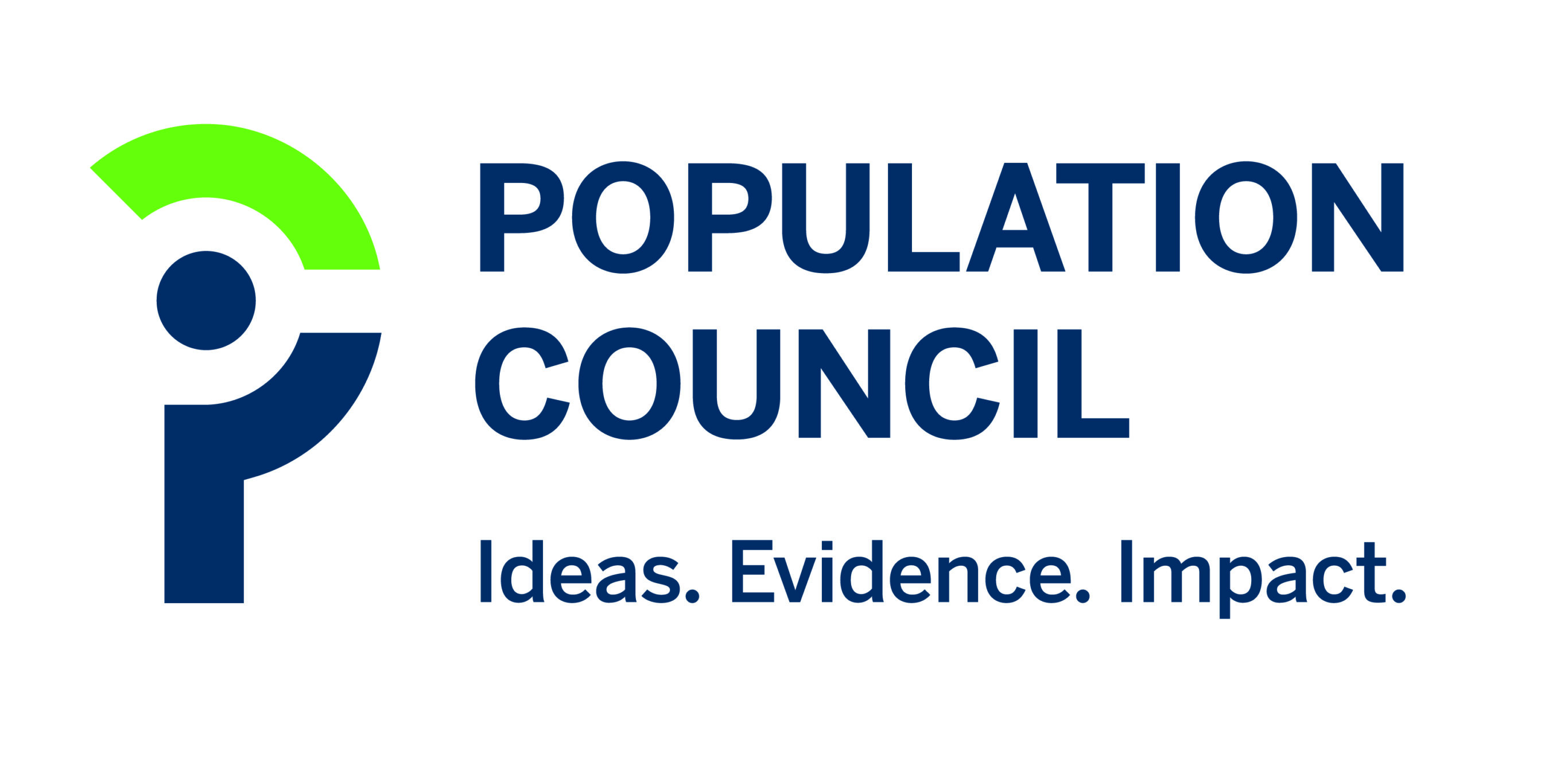January 31, 2023
Construction, Ethical Recruitment
Tackling Labor Exploitation in the Construction Sector in India
Population Council is using quantitative data collected by other GFEMS partners to conduct a case study examining how debt influences migration patterns. It also uses additional primary (qualitative) and secondary data to produce a thoughtful analysis of debt and utility of financial services for migrants to reduce vulnerabilities. Population Council is exploring the role of …
Read this post





